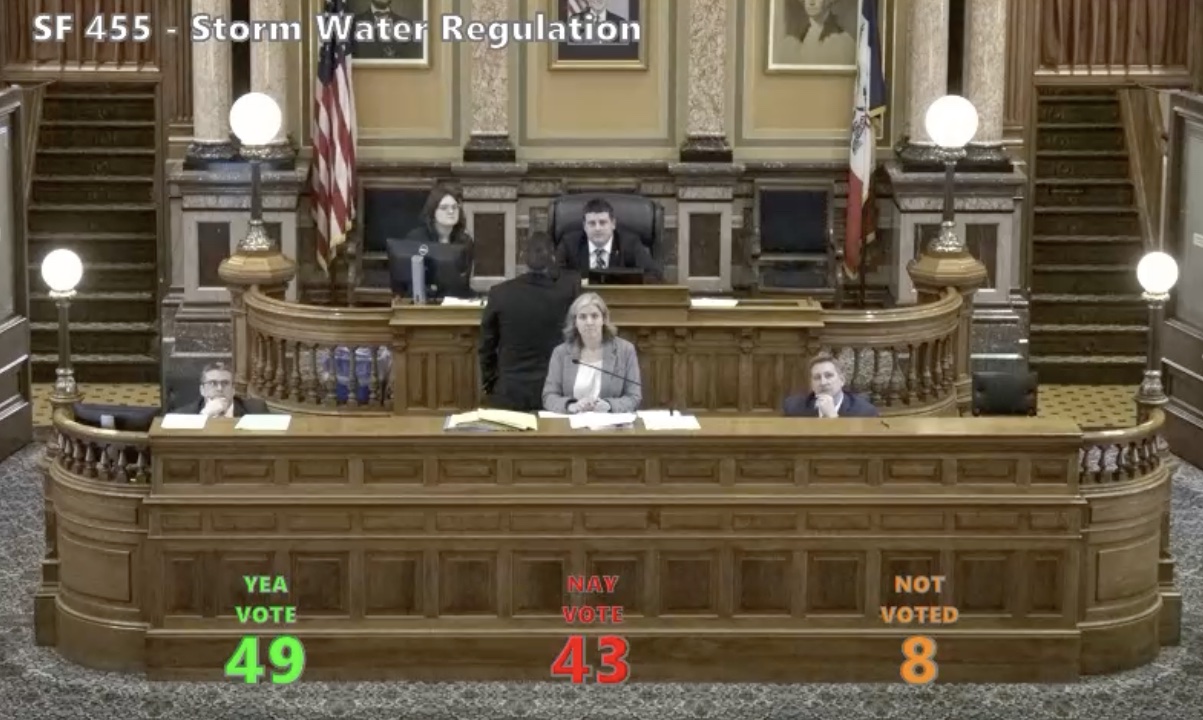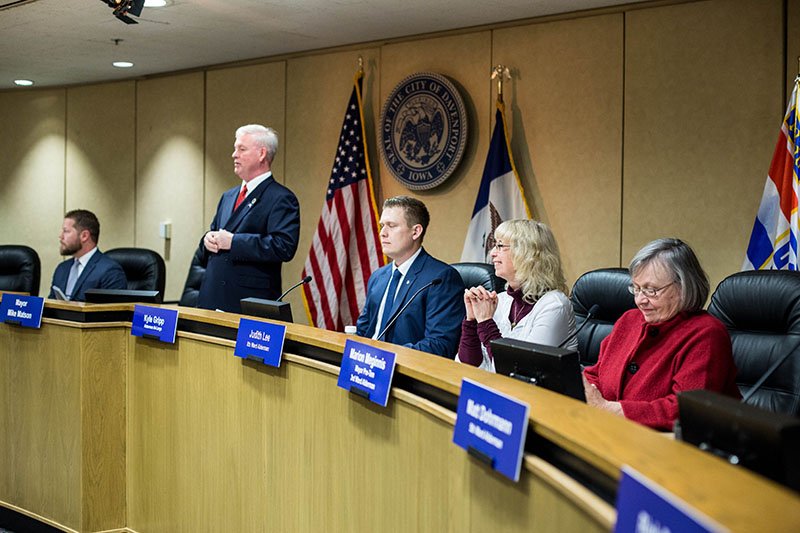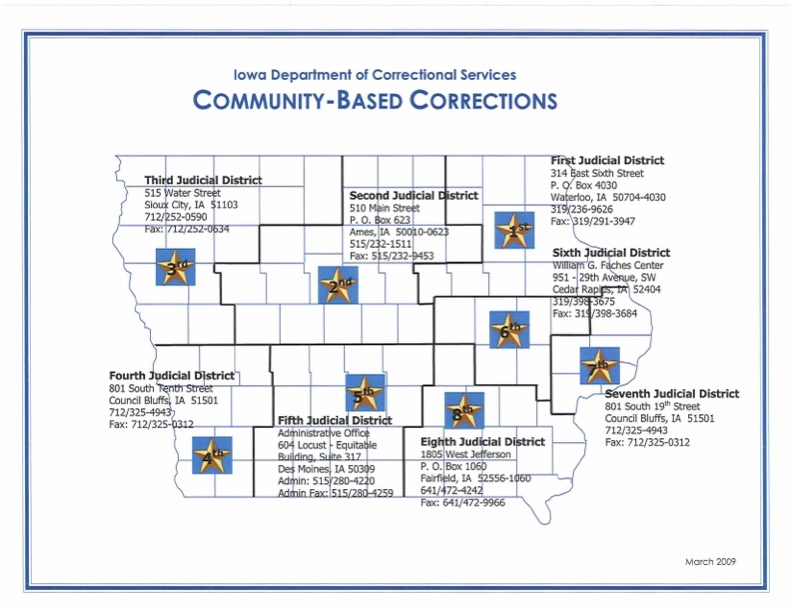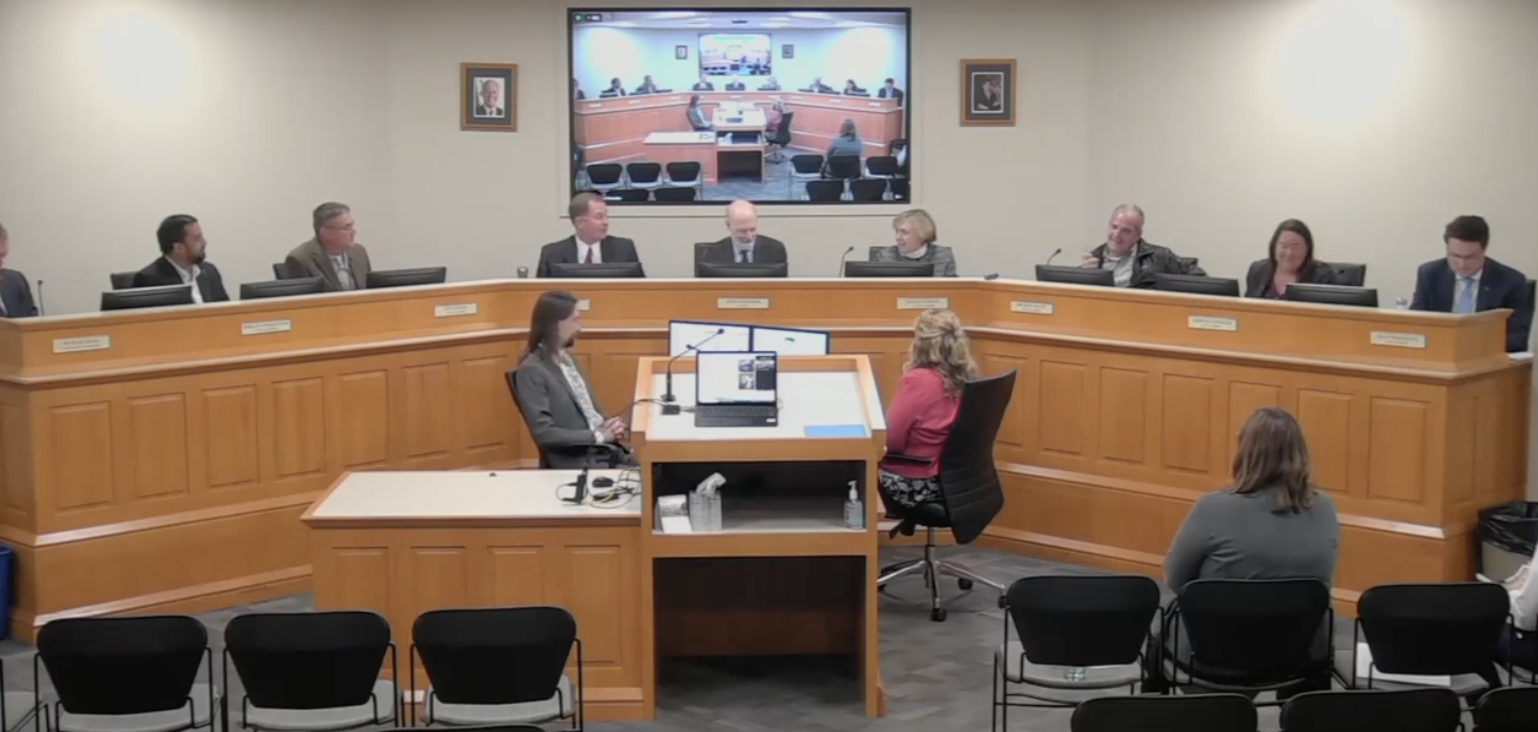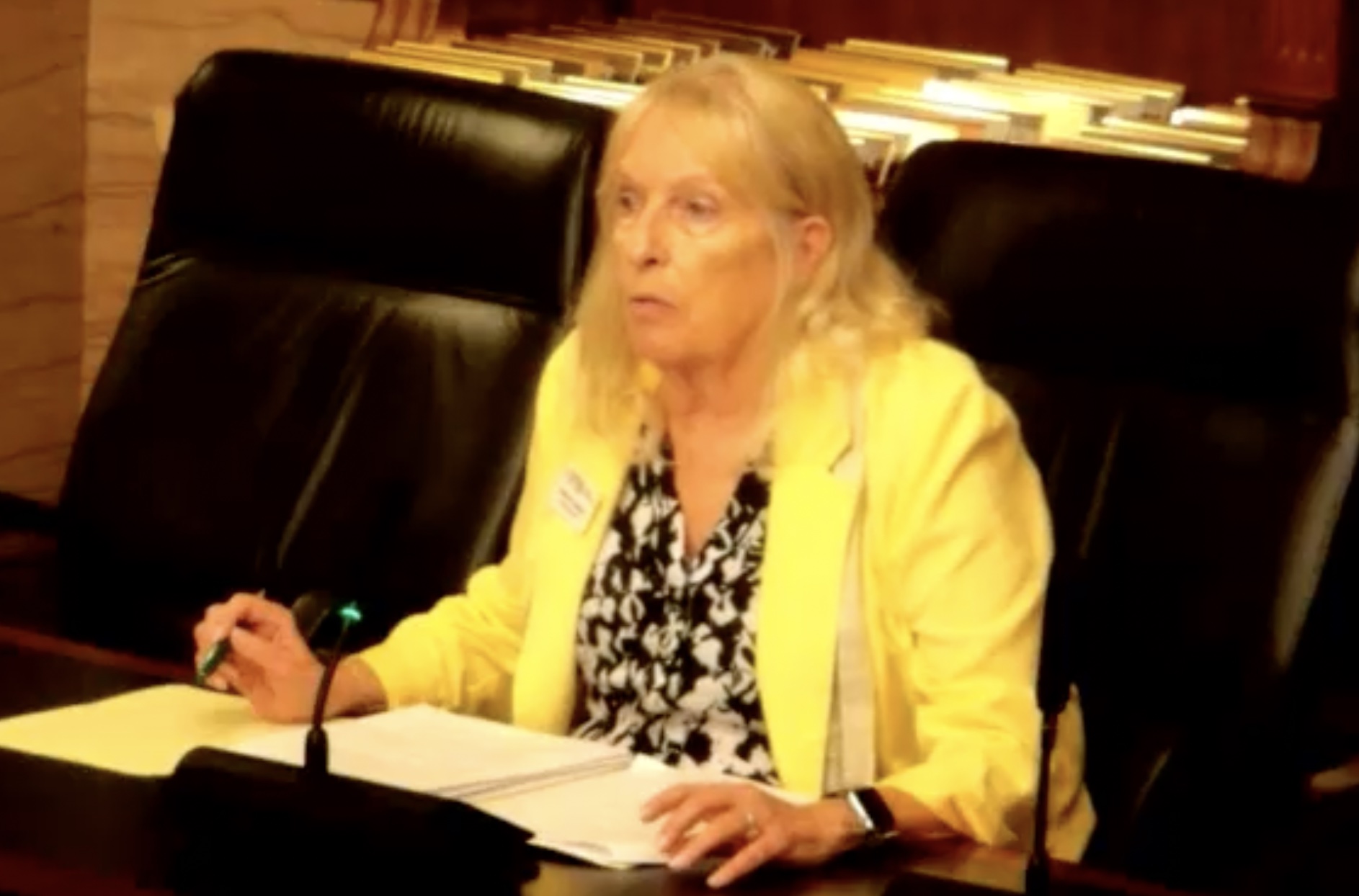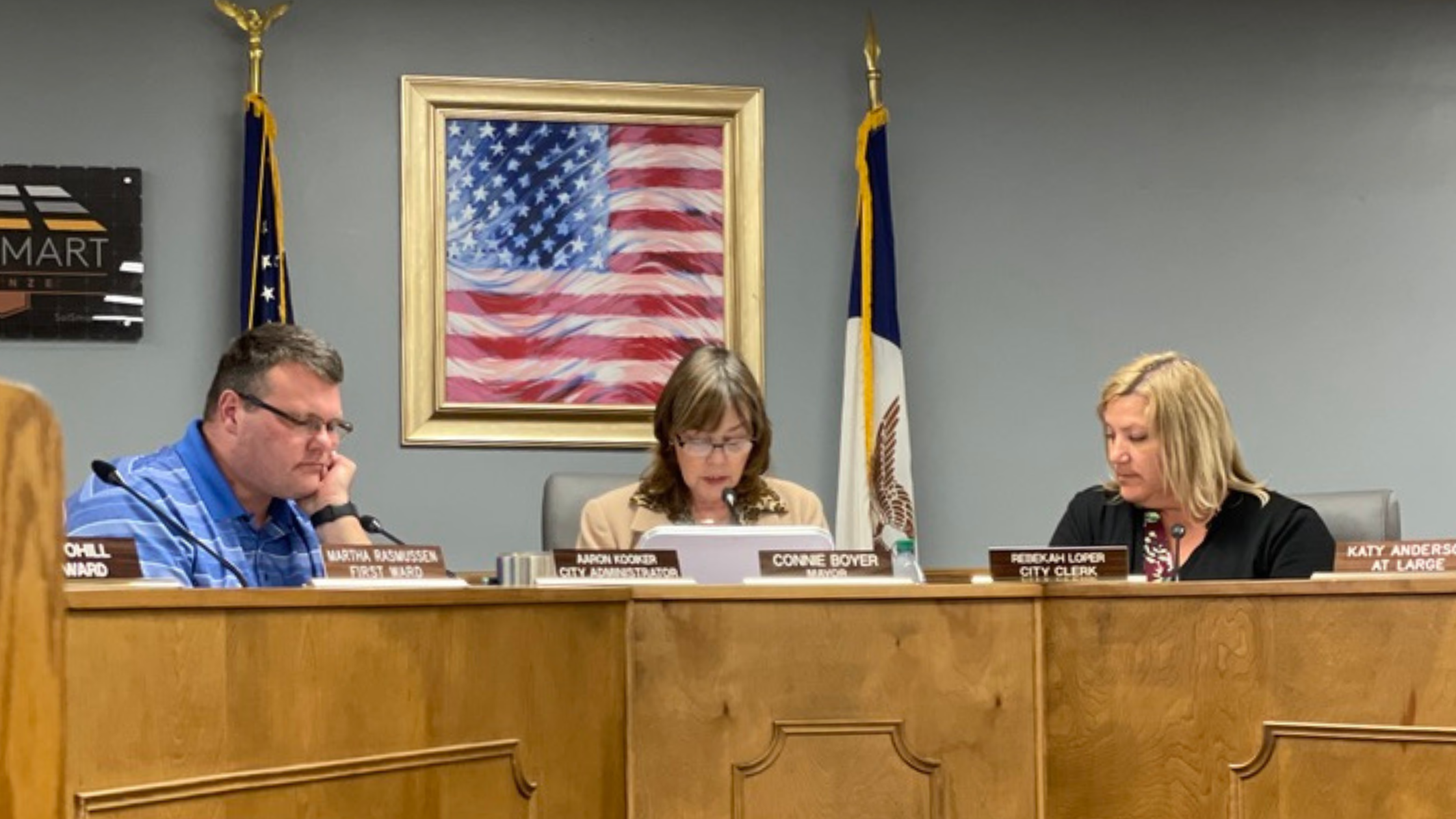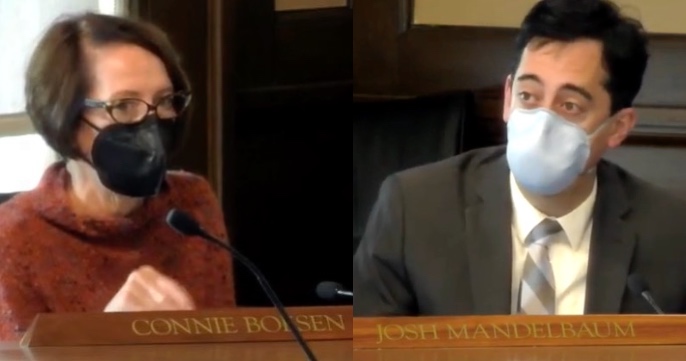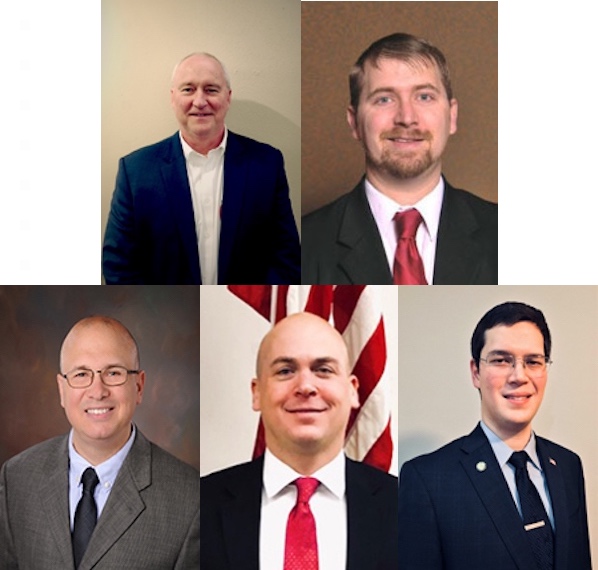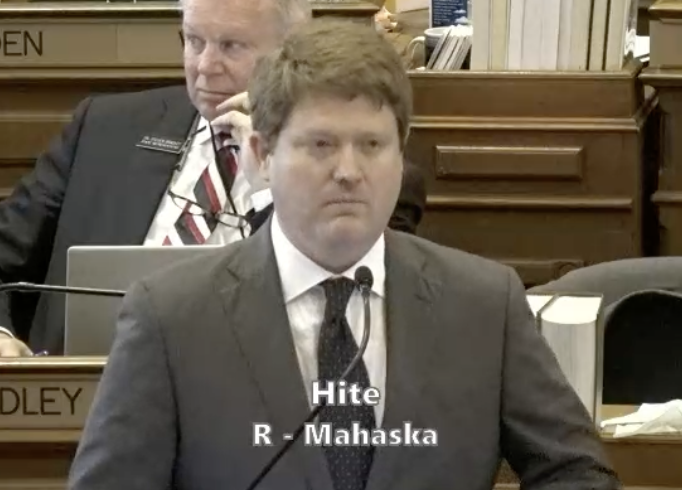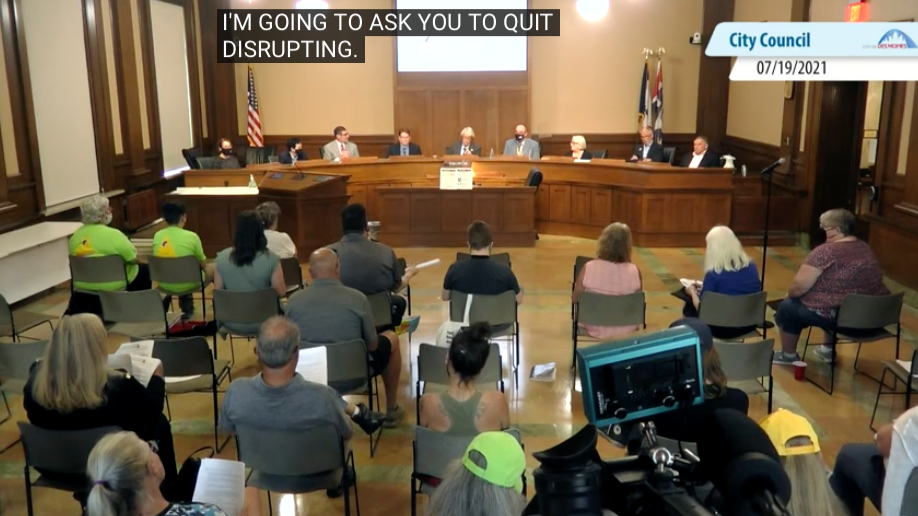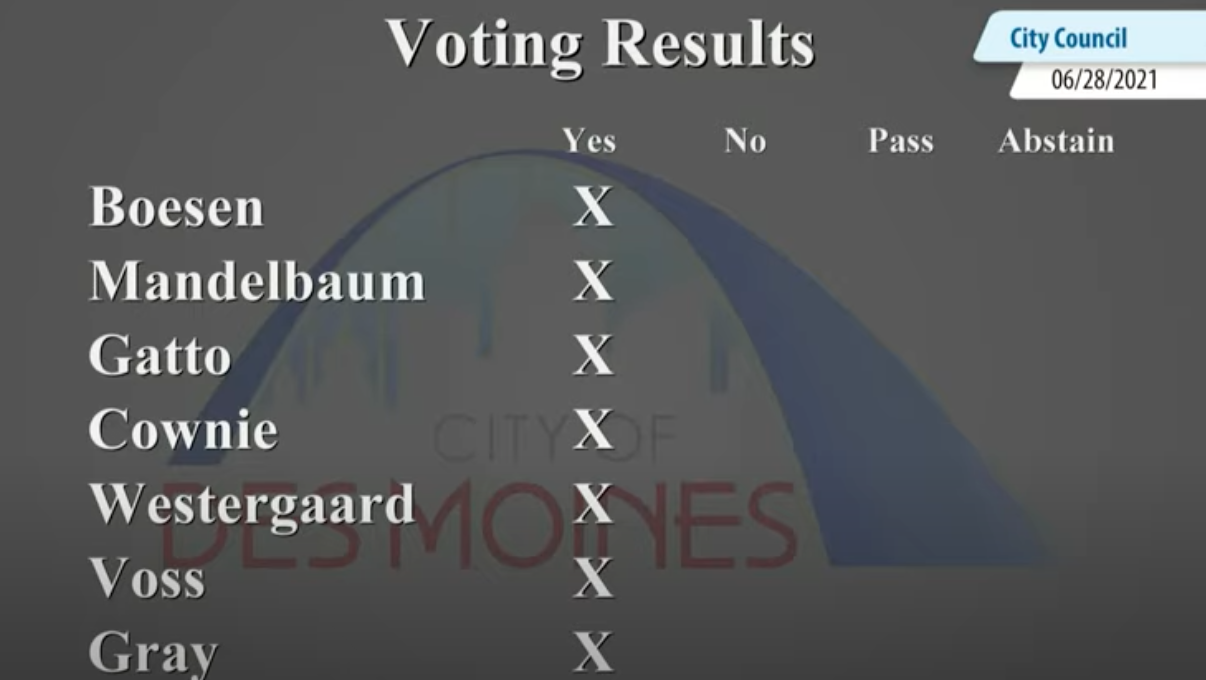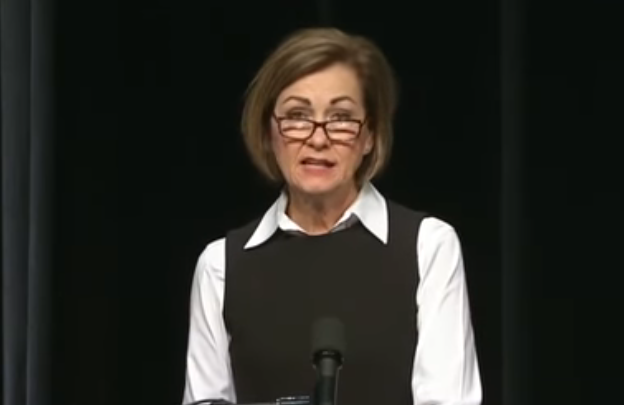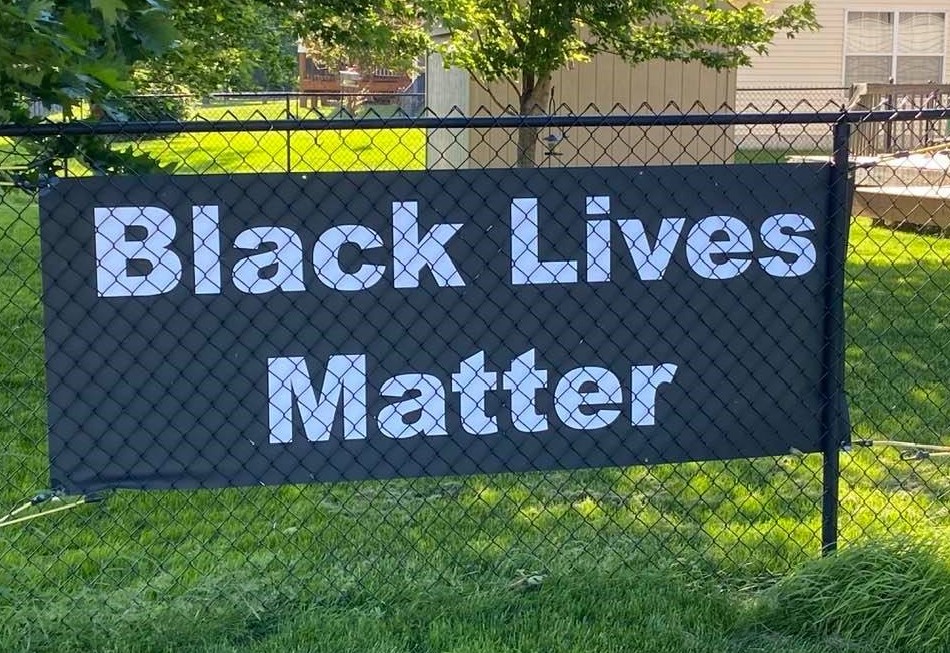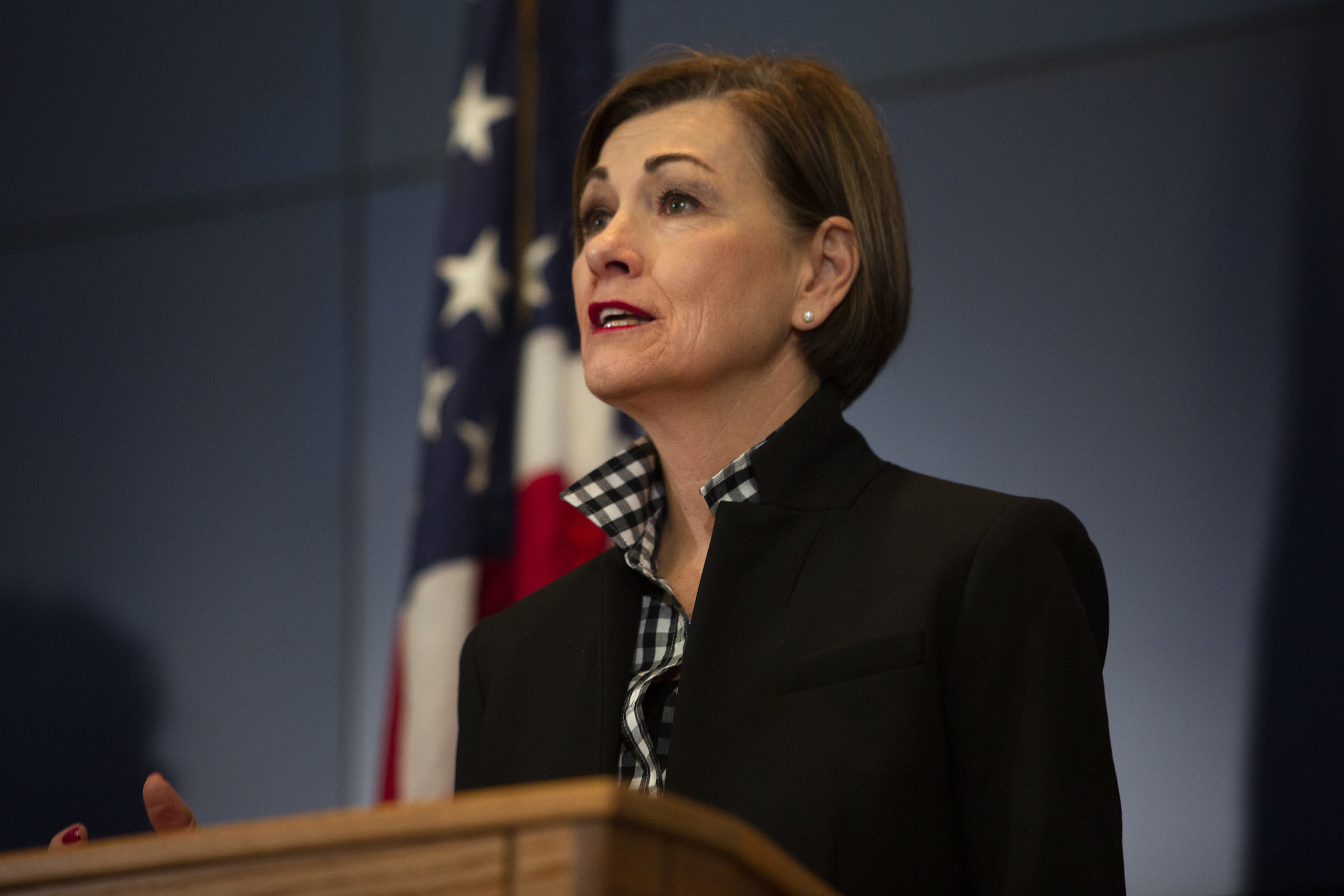For the second time in three years, a bill backed by top Iowa House Republicans failed to gain the 51 votes needed on the House floor. Senate File 455, which would restrict local government authority to regulate topsoil and stormwater, topped out at 49 votes in favor during floor debate on March 6. By the time the clerk closed the machine a few minutes later, yes votes had dropped to 44.
Such events are rare in any legislature, because leaders typically don’t bring a bill to the floor unless they know it will pass. No bill favored by the majority has failed an Iowa Senate floor vote for many years.
The last time Iowa House GOP leaders lost a floor vote was in March 2022, on an amendment that combined liability protection for trucking companies with limits on private employers requiring employees or customers to be vaccinated against COVID-19. Republicans had a 60-40 majority at that time; the GOP advantage in the chamber has since grown to 64-36.
Majority Leader Matt Windschitl quickly filed a motion to reconsider Senate File 455, indicating leaders plan to call another vote on the bill soon. Even so, the episode revealed surprisingly deep opposition to this legislation in Republican ranks.
Continue Reading...
